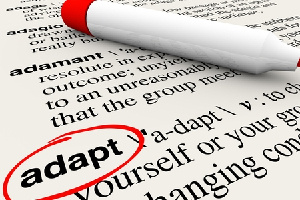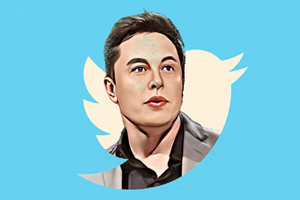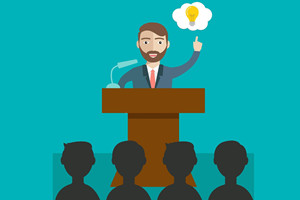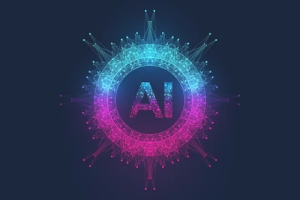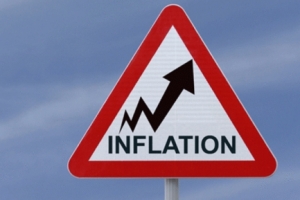Hello and welcome back to the Skills 360 podcast. I’m your host, Tim Simmons, and today, I want to talk about how to adapt to an ever-changing world.
Our world has been undergoing massive changes. And it’s not just the global pandemic that has wreaked havoc on the economy. There’s political turmoil, rapidly evolving technology, climate change, and calls for greater social justice. Our work and workplaces look and feel different because of this. There’s less travel, increased automation, more remote work, and moves toward greater equity and inclusion.
Nobody’s untouched by these changes. But not everybody is equally adept at dealing with them. Now, more than ever, we need to learn to accept, if not embrace, volatility, uncertainty and ambiguity. If you’re waiting for the world to go back to the way it was in 2019, you’re going to be sorely disappointed.
So what does adapting to these long-term changes involve? It starts with staying informed. You’ll be better equipped to respond to change, or proactively plan for change, if you understand what’s going on. Stay up-to-date on societal shifts in general, and shifts in your industry in particular. Don’t be the last person to know.
This is part of an overall strategic approach to your own career. A strategic approach requires a combination of foresight and insight. That is, you need to think about what’s going to happen, not just what is happening today. And you need to work to understand it so you can respond appropriately.
But any good strategy should be flexible. Gone are the days when you could plot out a career path and be confident that simple company loyalty would assure a rise up the ranks. Many people don’t even really want that any more. So it’s not just about planning, but flexibility and openness as well.
Some people say that the pandemic has divided the world into restorationists and opportunists. Restorationists are hoping for a return to “normal,” whatever that is. Opportunists are looking for new opportunities, embracing new ways of working, and seeing transformative possibilities in a difficult situation. It’s already clear that restorationism isn’t really a tenable approach. So find the opportunities, and watch out for new possibilities.
As you look around at those who’ve lost their jobs, it may be tempting to cling to every bit of security you can. You may not want to take risks when there’s so much uncertainty. But in your armchair risk analysis, remember that not changing or not acting is, in itself, risky.
One thing we’ve seen throughout the pandemic is rapid upskilling. People who once resisted videoconferencing tools like Zoom or communication tools like Slack have been forced to learn, and learn fast. Those who were already using these tools have had a leg up on everyone else. So think about what’s coming around the bend next.
What technologies are likely to shake up your industry and workplace? And how can you ensure you’re one of the first, not one of the last, to learn them?
At the same time, understand the limits of technology. Not everything can be automated, or outsourced. The people who understand this are better able to make themselves irreplaceable. Just ask Daniel Pink, author of “A Whole New Mind”. Pink talks about the skills and abilities that are necessary for the “conceptual age,” as he calls it. He’s talking about abilities like creativity, design sense, story-telling, playfulness, and empathy.
If your job is technical, you might think these abilities are not so important. In fact, they’re ways you can stand out and increase your value. Just think about it: your company might be able to outsource bookkeeping or coding, but could they ever outsource empathy?
The topic of empathy brings me to my final point, which is about getting comfortable with social change. Accountability and trust are rapidly evolving. People are examining power and privilege in new ways. Forward-thinking leaders are working to understand their own unconscious bias and creating more opportunities for traditionally underrepresented groups like people of color and LGBTQ folks. If you’re part of these groups seeking greater equality, you’ve got both new opportunities and new challenges. If you’re not, then ask yourself how you can enhance your own awareness, understanding, and empathy.
Change can bring on a wide variety of emotions. At times, it might feel confusing or frustrating. Or it might be exhilarating and inspiring. But regardless of how you feel, it’s happening. Our world and the economy are changing. So how are you changing with it?
That’s all for today. So long. And see you again soon.


